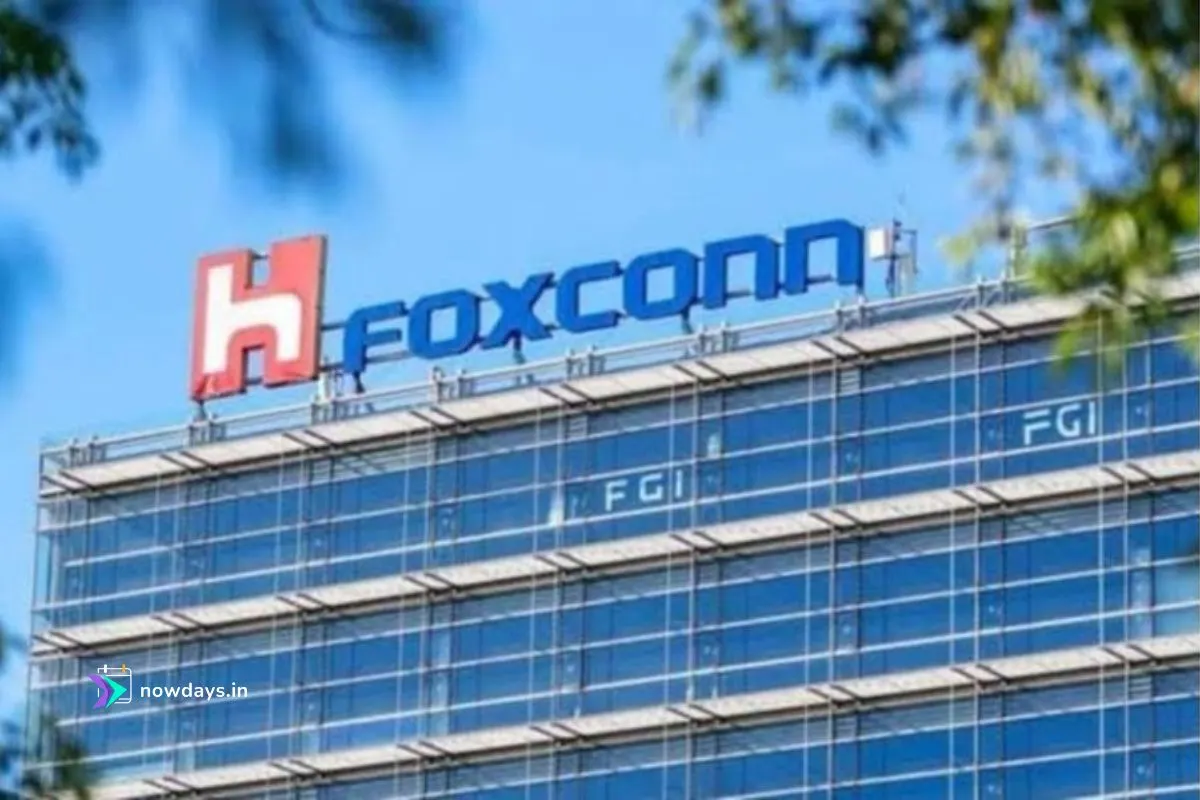Chennai – Apple’s ambitious plan to shift more iPhone production to India has hit a new speed bump as Foxconn, its primary manufacturing partner, recalled around 300 Chinese engineers from its Indian factories in recent months. The move raises questions about Apple’s ability to sustain its aggressive Indian ramp-up—including plans to produce all iPhone 17 models locally—just as global supply chain diversification intensifies ahead of the September product launch.
What Happened?
Foxconn, through its subsidiary Yuzhan Technology, began sending back Chinese technical staff working in Tamil Nadu and Karnataka earlier this year. This decision follows reported informal pressure from Chinese authorities, who have discouraged labor and technology transfers to overseas operations amid rising geopolitical tensions and competition in global electronics manufacturing. The exodus includes engineers responsible for training Indian staff and transferring advanced manufacturing know-how, vital for the precision demanded by iPhone assembly lines.
Potential Impacts on India Production
Industry experts say the direct impact on current iPhone production lines is real but not insurmountable. The departing Chinese engineers mainly supported manufacturing of older iPhone models’ enclosures and metal modules at the Yuzhan plant, not the latest iPhone 17 line. Nonetheless, their absence creates challenges:
- Slower Skill Transfer: The withdrawal may slow down the training of local teams. Building quality and efficiency on advanced lines can be hampered when expert trainers leave, raising costs and error risk—especially as India scales up for the next-gen iPhones.
- Production Efficiency Dips: Experts warn line efficiency could drop, and teething problems may linger longer than anticipated. Technology transfer from China, where Apple’s manufacturing expertise is deeply embedded, faces new hurdles.
- Cost Pressures: Increased reliance on Taiwanese and local engineers—who are now being flown in to bridge skills gaps—may result in higher labor costs or productivity dips in the short term.
Apple and Foxconn’s Contingency Moves
Despite these obstacles, Apple and Foxconn are not standing still. Both companies have proactively tapped Taiwanese engineering talent and accelerated the hiring and training of Indian workers to minimize disruption. The Indian government, keen on making the nation a top smartphone manufacturing hub, has facilitated work visas and stressed continuity, insisting that production goals for the year—60 million iPhones, up from 40 million last year—remain unchanged.
The government has also clarified that, for now, operations are largely unaffected, viewing the recall as a business matter between Foxconn and its staff. Analysts point out that Apple’s concurrent partnerships with Tata Electronics and other Indian suppliers will help mitigate any short-term dips caused by the withdrawal of Chinese personnel.
Strategic and Long-Term Outlook
The situation underscores the tightrope Apple is walking as it tries to de-risk from China while still depending on Chinese know-how to ensure seamless Indian production. China’s unofficial campaign to limit high-tech expertise transfers is expected to persist, forcing Apple and its partners to localize knowledge and build new engineering talent pipelines in India.
In the long run, experts believe the recall may actually accelerate India’s learning curve, as it compels local teams to develop in-house expertise more quickly. However, in the near term, the pace of Apple’s “Made in India” ramp-up could be slowed, particularly as it pivots to producing complex next-generation iPhones.
Conclusion
Foxconn’s recall of Chinese engineers is a significant challenge for Apple’s India expansion, highlighting the broader supply-chain realignment in global tech. While some immediate slowdown and operational hiccups are likely, Apple’s contingency strategies, government support, and growing local expertise are expected to keep iPhone 17 and future model production largely on track. As geopolitical tensions and tech self-reliance goals reshape the landscape, Apple’s bet on India will be a closely watched test case for global electronics manufacturing.










